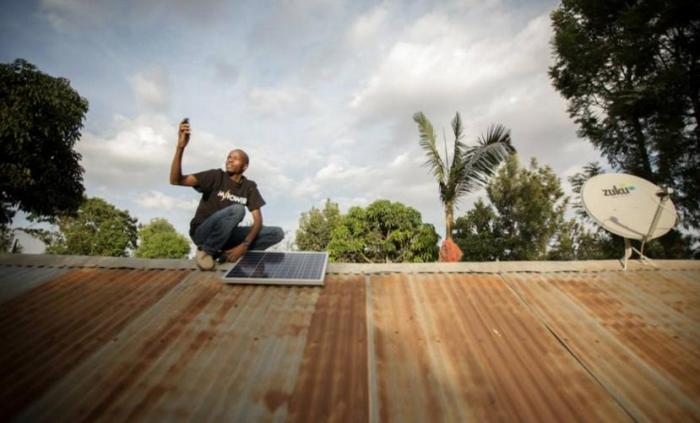The African Development Bank (AfDB) has announced the insertion of an US$870,000 preparation grant for Tanzania’s Rural Energy Agency (REA) via its Sustainable Energy Fund for Africa (SEFA) trust fund.
The funds will be used to structure the Renewable Energy Investment Facility (REIF), which will offer inexpensive finance to private sector clean energy projects in Tanzania supplying energy access to rural communities in Tanzania, according to the Bank.
Also read:Japanese renewable energy firm Koyo opens office in Tanzania
Tonia Kandiero, AfDB Resident spokesperson in Tanzania, said “the SEFA support will assist in addressing the present financial gap in the market and speed up private sector contribution in off-grid electrification in Tanzania. We imagine this project to make a valid input to Tanzania’s motivated energy access goals, eventually advancing occupations for all rural communities in the nation.
We are also delighted to give this support in the perspective of African Development Bank’s New Deal on Energy for Africa Strategy, which emphasizes universal energy access through amplified implementation of clean energy technologies and joint ventures with the private sector.”
Also read:Rural Energy Agency to electrify all villages in Tanzania by 2021
The AfDB says the SEFA grant will comprise risk mitigation framework, fund manager identification development of operational guidelines, advisory support, technical and institutional support for the REA towards the establishment of REIF and capacity building for appropriate public sector organizations/outfits and private sector project developers.
The bank’s investigation of Tanzania’s nationwide electricity coverage approximates coverage to be at a slightly above 20% with transmission grid covering a trivial part of the nation and leaving out majority of the country. It also found that access is still inferior for the rural populace at 7% with almost 30 million citizens lacking a connection to the electricity grid.
“The vastness of the country, added with low populace densities, makes grid extension more costly, creating a large market potential for off-grid electrification project. The REIF will therefore contribute to increasing rural electrification and boosting access to energy services by channeling suitably tenured and priced finance to private sector companies developing and operating energy access projects in countryside regions based on renewable energy technologies,” the Bank noted in its statement.
